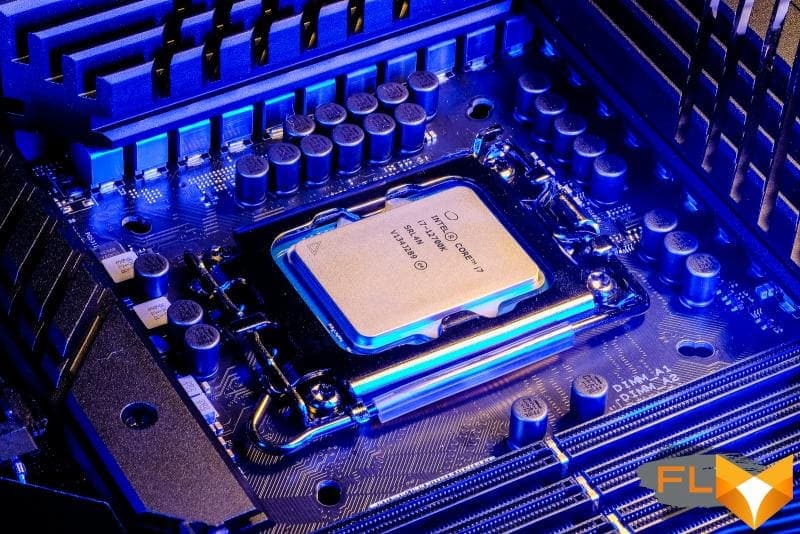From what I've heard from the Star Citizen players with the frame rates using 12th and 13th gen Intel, it wasn't so much the raw peak FPS that was the problem, but random hitching, freezes and stutters. All of which went away when you used something like ProcessLasso to force the game to only use the physical P cores.
Obviously, Star Citizen is poorly optimised and has generally low performance, but it is very very much CPU bound and uses lots of threads and that seems to be the scenario that makes the issues with E cores in gaming apparent.
AMD kinda had similar issues with stuff going between chiplets but that was to a much lesser extent, and I believe caused lower fps but stuttering/hitches etc weren't an issue.
Realistically the only way to fix all these kind of issues is with the Operating Systems getting better at knowing where to allocate/schedule process threads onto which type of CPU cores. That seems like a massive ask/task, unless they just add some kind of flag when launching a game/program that require only the P cores to perform properly. Not as involved as something like ProcessLasso as you'd be expecting the OS to know which cores are the P cores etc, and way simpler to implement from an OS stand point, as it doesn't need to know what each specific program should run on, only to look for a flag and then allocate based on that.





